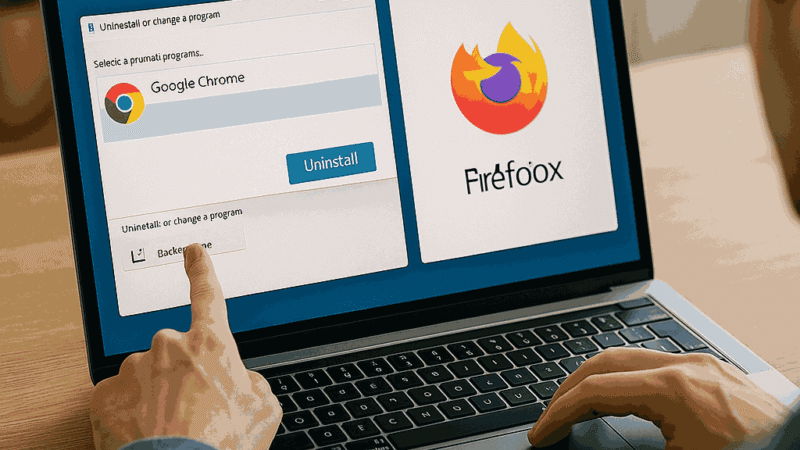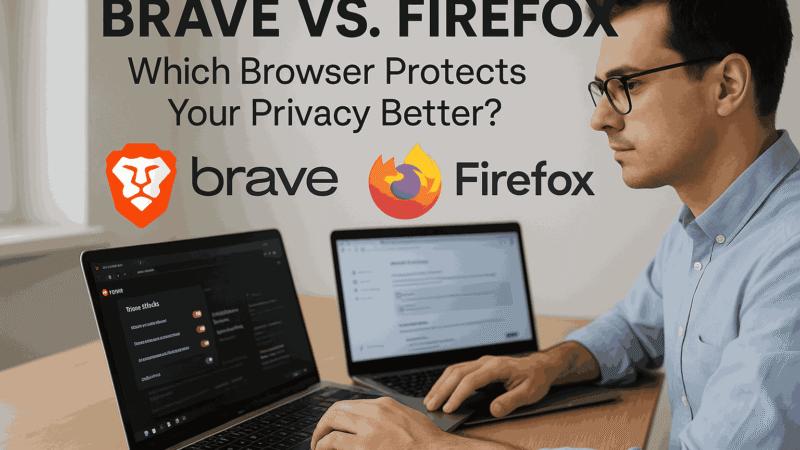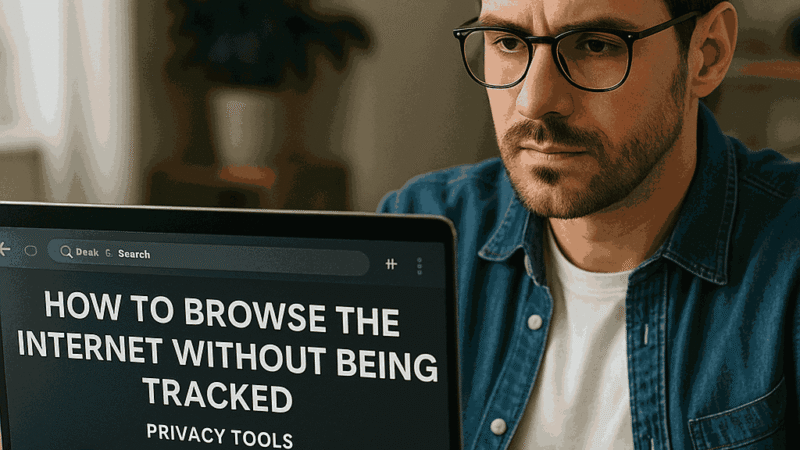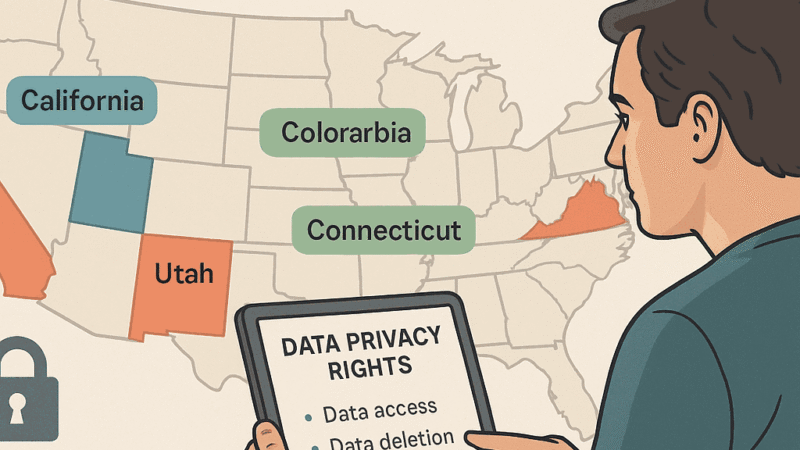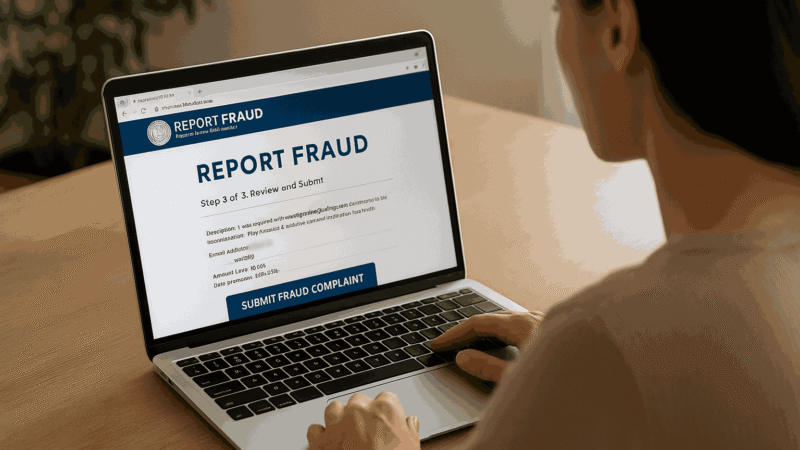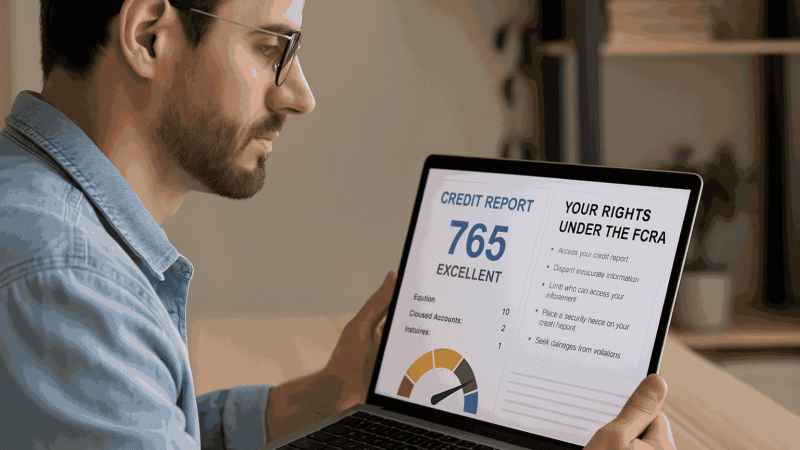Incognito mode is one of the most misunderstood features in web browsing. Often assumed to be a cloak of online invisibility, it’s widely used by people hoping to browse privately….
Google Chrome may be the world’s most popular web browser, but it’s also one of the worst offenders when it comes to online privacy. If you’re still using Chrome in…
If you’re serious about digital privacy, you’ve likely heard of two top contenders: Brave and Firefox. Both promise to block trackers, shield your identity, and provide a cleaner, more secure…
In 2025, nearly every click, scroll, and search you make online is tracked. From social media algorithms to invisible trackers embedded in news sites, your browsing habits are constantly analyzed,…
In 2025, your personal data is currency. From your shopping habits and search history to your address and phone number, companies are collecting, storing, and sometimes selling your information—often without…
In 2025, data privacy is no longer a luxury—it’s a necessity. With online tracking, data brokers, and AI-driven profiling on the rise, more Americans are asking: “Who is actually protecting…
Online fraud is at an all-time high in 2025, from phishing emails and fake e-commerce stores to investment scams and hacked social accounts. If you’ve been targeted—or suspect fraud—you don’t…
The Fair Credit Reporting Act (FCRA) is one of the most important consumer protection laws in the United States—and yet, many people don’t know how it safeguards their credit and…
In today’s digital economy, data is one of your most valuable assets—and the way companies handle it is under global scrutiny. Two major privacy laws, the California Consumer Privacy Act (CCPA) and…

